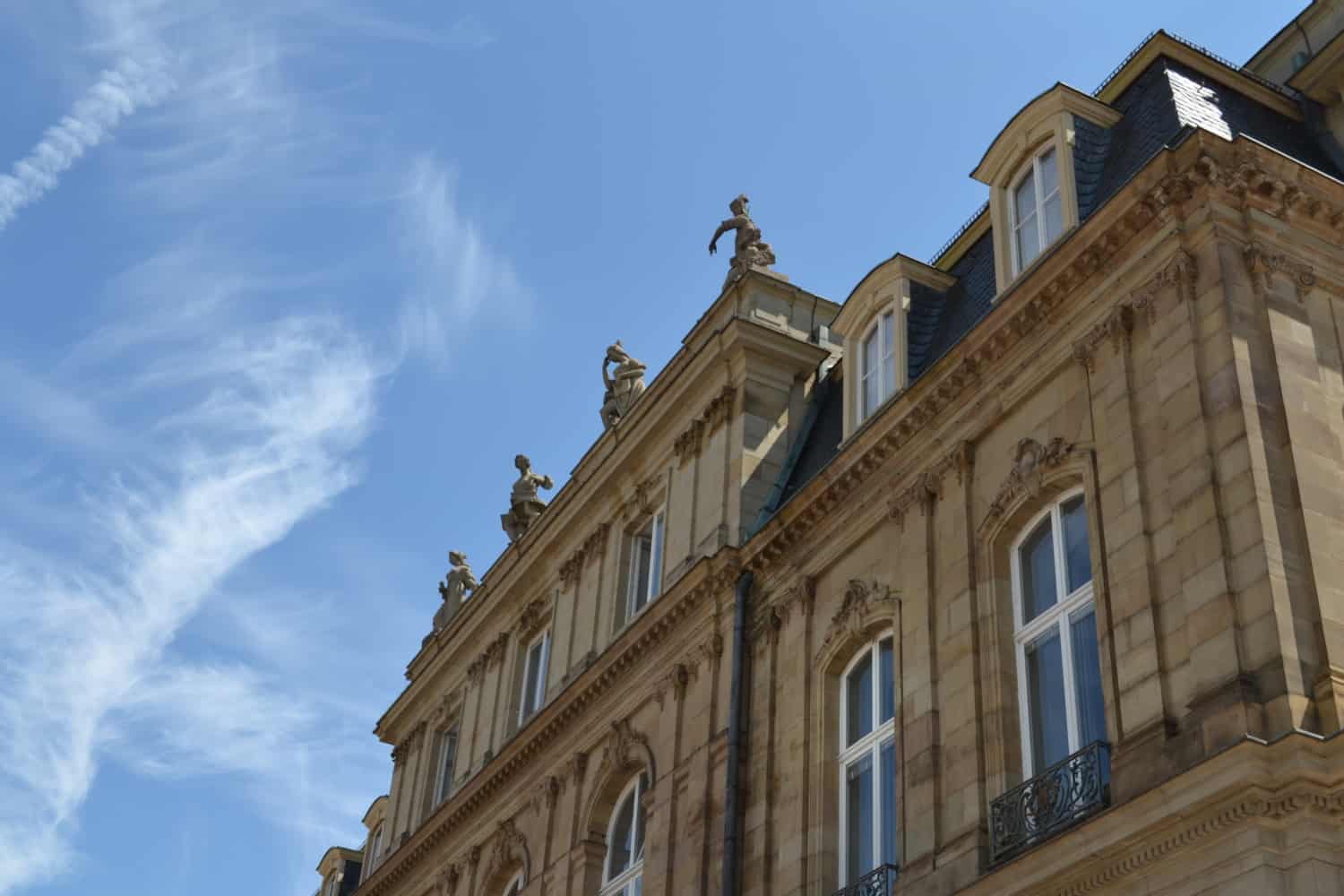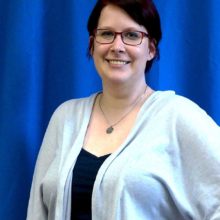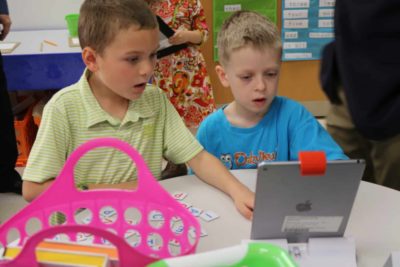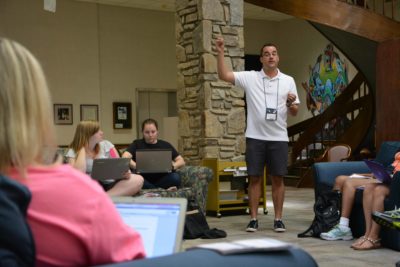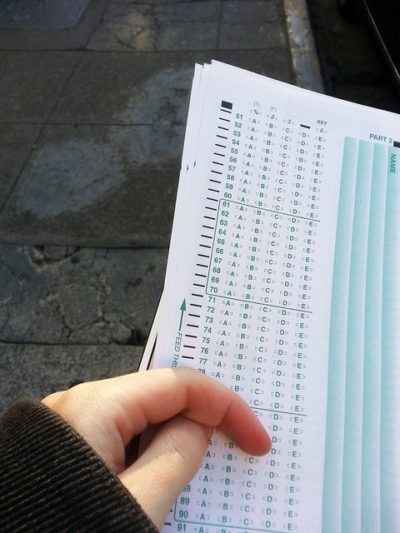Today, 28 North Carolina teachers are traveling to Germany for the travel portion of a professional development program designed to build their capacity to incorporate global education into the classroom.
“Why Germany?”
North Carolina’s connections to Germany start almost at the same time the United States was founded. German settlers were part of Sir Walter Raleigh’s 1587 expedition to Roanoke Island and number of German families came in 1710. Their influence remains in the state, from the Moravian culture and architecture on display in Old Salem to education with Catawba College, established in Newton in 1851 by German settlers.
Today, North Carolina hosts one of the largest clusters of German-owned companies in the United States with approximately 236 companies and affiliates across North Carolina. More than 242,700 jobs in the state have been created by German companies.
In addition, North Carolina has five German sister cities and an array of cultural and business societies that aim to promote German heritage and foster connections between our communities.
The historic and current connections are only a small part of the reason for Go Global NC’s Global Teachers program to travel there in 2017. The main impetus is the country’s leadership in education and innovation.
Germany has one of the world’s strongest economies and offers a pioneering research and education landscape, the result of the country’s investment into these areas. The Excellence Initiative of the German Federal Ministry of Education and Research and the German Research Foundation gave approximately $5.06 billion to universities between 2005 and 2017 to improve global competitiveness of university system and research.
While in Germany, teachers on the program will be visiting John F. Kennedy School in Berlin, a bicultural and bilingual public school founded in 1960 that aims to “encourage the development of responsible, democratic citizens.” They’ll also be meeting students and professors from Humboldt University, one of Berlin’s oldest universities.
The Global Teachers 2017 program is designed to allow the North Carolina delegation members to not just gain an enhanced awareness of Germany’s education system, but to gain a better understanding of technological innovation and renewable energy practices in Germany.
The country has long been known for its technological innovation and leads the European Union in patent registrations, renewable energy policies, and manufacturing. Recently, it was revealed that 85 percent of Germany’s power came from renewable energy, a record that beats its own previous record, and the country aims to end use of nuclear power by 2022.
Harvard Business Review claims the country’s leadership is because “much German innovation involves infusing old products and processes with new ideas and capabilities or recombining elements of old, stagnant sectors into new, vibrant ones.”
During the program and upon their return, participants will collaborate to explore ways to utilize technology and to incorporate global experiences into the classroom. Teachers who participate in the program will be able to use their firsthand experiences to increase student understanding of Germany and the world in a process that doesn’t end when they step foot again in North Carolina. They’ll join the network of more than 800 K-12 teachers and administrators who have traveled on the Global Teachers program.
A couple months after program travel, the teachers will gather together to share how they have integrated their international experience into the classroom. They’ll discuss best practices and collaborate on improving global education in their classrooms.
Participants in the Global Teachers program, like this 2017 delegation, contribute to North Carolina’s global competitiveness, as well as the competitiveness of their counties and communities.
You can follow their journey at EducationNC.
To learn more about the program, visit www.goglobalnc.org.
